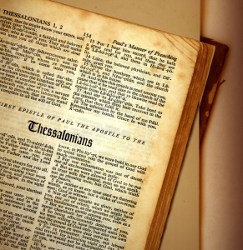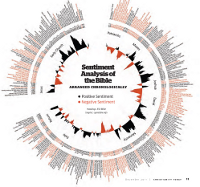Rules of Affinity - Classifying Relationships between Doctrines and Their Supporting Texts
 Posted courtesy of Dr Reluctant.
Posted courtesy of Dr Reluctant.
What I call “The Rules of Affinity” are a relatively straightforward device whereby a theological proposition (e.g. that a sinner is justified by faith) is compared with the texts of Scripture by which it is supported to disclose how closely those passages agree with the proposition in question.
Thus, a theological proposition may be adduced which has either direct “one-on-one” relation to a text of the Bible (e.g. justification by faith, or that God created the world), or strong reasons for deriving the doctrine from certain texts of the Bible (e.g. the doctrine of the Trinity); or it may have little or nothing to do with any scriptural passage brought forth to substantiate it, especially once the passage is viewed within its context (e.g. propositions such as the covenant of grace or infant baptism).
It is understood, of course, that the wrong texts may be mistakenly employed in support of a sound doctrine. These “rules” will help ferret out such misapplications by highlighting the weak link between text and proposition. This does not mean the proposition must be discarded automatically. It may be that other texts of Scripture can be brought forth to fully support the doctrinal proposition. In which case, ones scriptural case for a certain theological belief will only be bolstered. On the other hand, if after successive attempts to align the Bible with a given doctrine fail to produce any clear relationship between them, the proposition must be held to suspect or even spurious.
 Reprinted with permission from
Reprinted with permission from 
 Reprinted with permission from
Reprinted with permission from  Republished with permission from
Republished with permission from 
 Reprinted with permission from
Reprinted with permission from 
Discussion